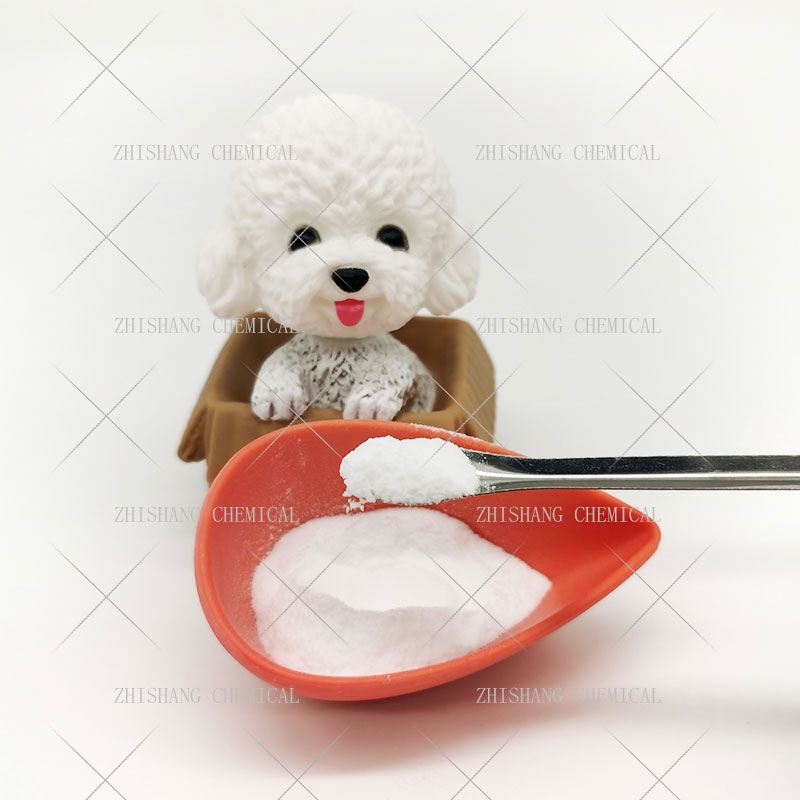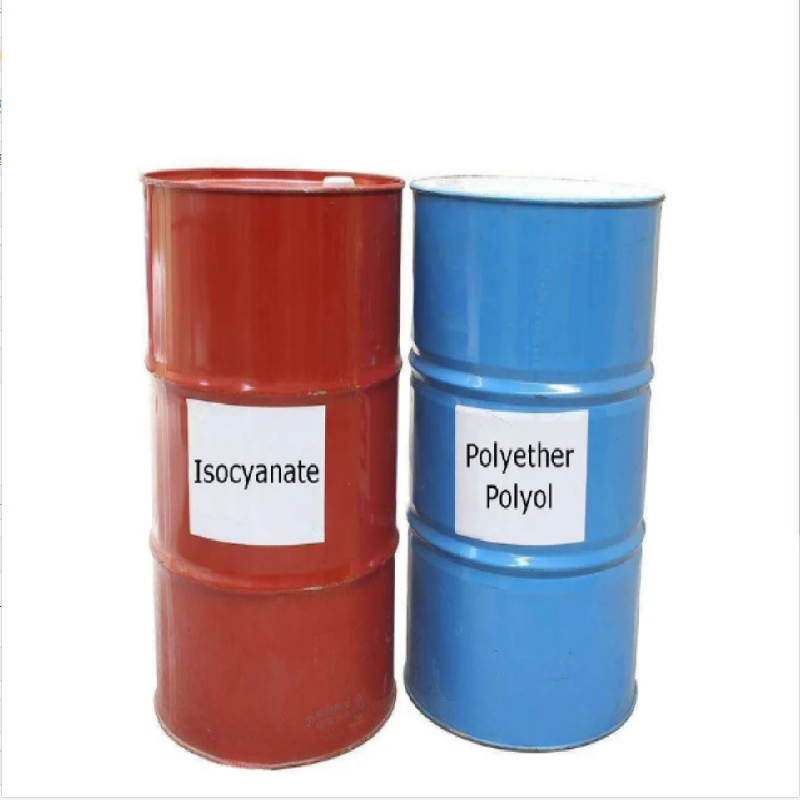-
Categories
-
Pharmaceutical Intermediates
-
Active Pharmaceutical Ingredients
-
Food Additives
- Industrial Coatings
- Agrochemicals
- Dyes and Pigments
- Surfactant
- Flavors and Fragrances
- Chemical Reagents
- Catalyst and Auxiliary
- Natural Products
- Inorganic Chemistry
-
Organic Chemistry
-
Biochemical Engineering
- Analytical Chemistry
-
Cosmetic Ingredient
- Water Treatment Chemical
-
Pharmaceutical Intermediates
Promotion
ECHEMI Mall
Wholesale
Weekly Price
Exhibition
News
-
Trade Service
There is no doubt that water-based ink has strong advantages in environmental protection, health and safety.
01 Reduce carbon footprint
Do you know? Water-based technologies have been shown to reduce carbon emissions
Water-based inks are a more sustainable option: they reduce the environmental impact of flexible packaging and reduce the carbon footprint
02 Excellent printing quality
Do you know? Today's water-based inks can achieve performance comparable to solvent-based inks
In the past years, water-based inks for flexible packaging have been continuously tested, but they are still difficult to be accepted by the market
03 Reduce (or zero) Volatile Organic Compounds (VOCs)
Do you know? Water-based inks benefit worker health and safety and offer regulatory advantages
The process of formulating and printing water-based inks involves very little or no VOCs
.
This has clear benefits for the health and safety of production workers as they are no longer exposed to toxic and flammable substances
.
In addition, it is easier and cheaper to comply with increasingly stringent global and Chinese solvent regulations
.
04 Low overall cost
Do you know? Costs associated with blowdown treatment are reduced when waterborne systems are used
.
From an environmental point of view, the VOC emissions of water-based inks are much lower than those of solvent-based inks
.
This is also why the costs associated with pollutant emissions are lower
.
Examples include the cost of emission permits, the cost per unit of polluting emissions and the cost of waste disposal such as the CTO (catalytic oxidation system) required to burn VOCs to break down harmful particles
.
From a safety perspective, solvent-based inks cost more to store than water-based inks because they are more flammable and more prone to fires and explosions
.
Therefore, to prevent the hazards of the working environment, the advantages of water-based inks are incomparable
.
05 Longer in-tank ink stability and viscosity stability
Do you know? The viscosity stability of water-based inks on the printing press is very good during long-term printing, and no additional additives are required
.
When using solvent-based inks, organic solvents evaporate rapidly, resulting in increased viscosity, which requires the addition of solvents or thinners during printing
.
But this is not necessary with water-based inks
.
06 Extend plate life
Do you know? Water-based inks are the most friendly solution for your plates
.
Conventional inks for flexible packaging printing are mostly solvent-based, and several types of solvents are used at the same time
.
Some of these solvents can cause plate swell during the printing process, resulting in unsatisfactory print quality
.
But with water-based inks, this problem is no longer encountered: the printing plate does not deform, the printing plate lasts longer, and the printing quality is also higher
.
07 Reduce the cost of insurance and security measures
Do you know? Water-based inks produce very low or even zero VOCs during production and printing
.
This means lower costs for insurance and security measures
.
At the same time, fewer permits need to be approved, which may also have a positive impact on operating costs
.
Using water-based technology will reduce insurance costs and you will not have to add insurance for the use of hazardous materials or explosive liquids (for cleaning inks and solvents)
.
It will also be easier and less expensive to use water-based technologies when scaling up production
.
Compared to the stringent approvals faced by expanding solvent-based plants, water-based technology is the easiest option
.
in conclusion
The seven advantages of water-based technology in flexible packaging make us firmly believe that water-based ink will become the future of flexible packaging development!






